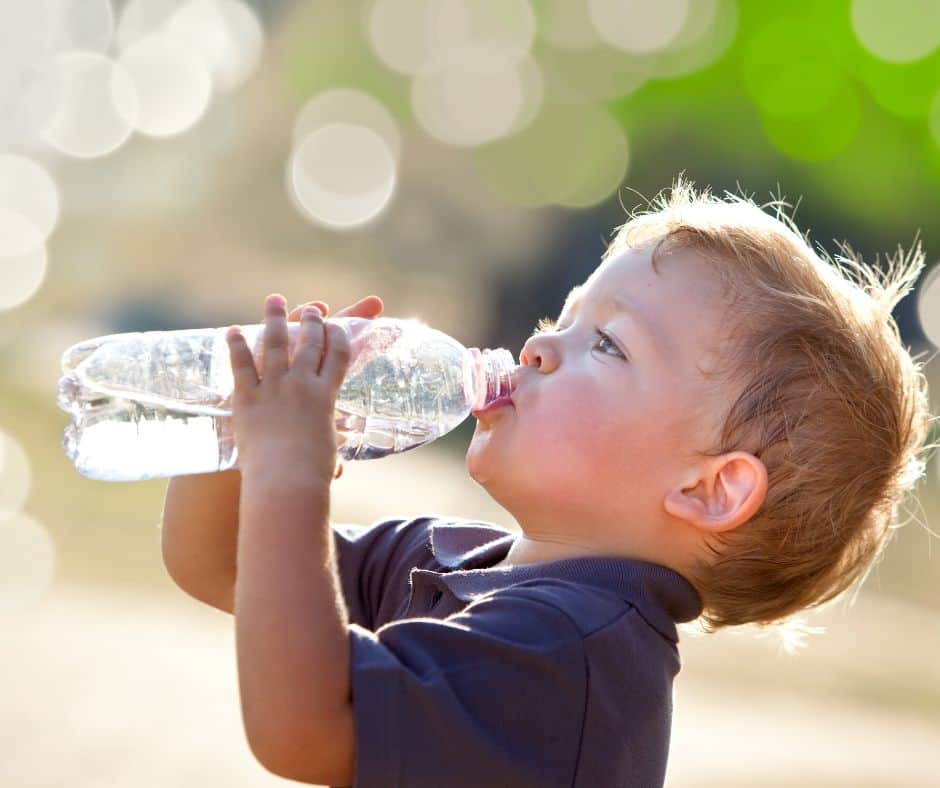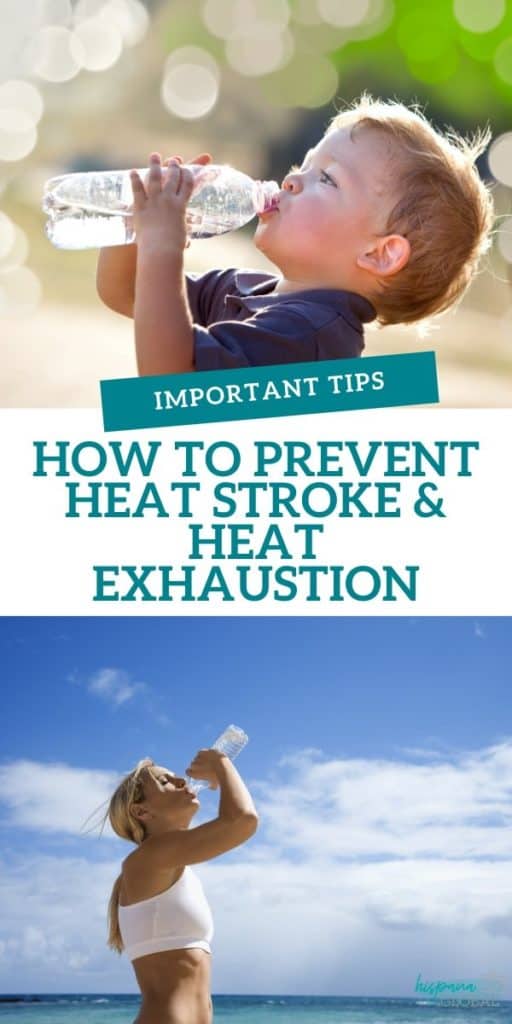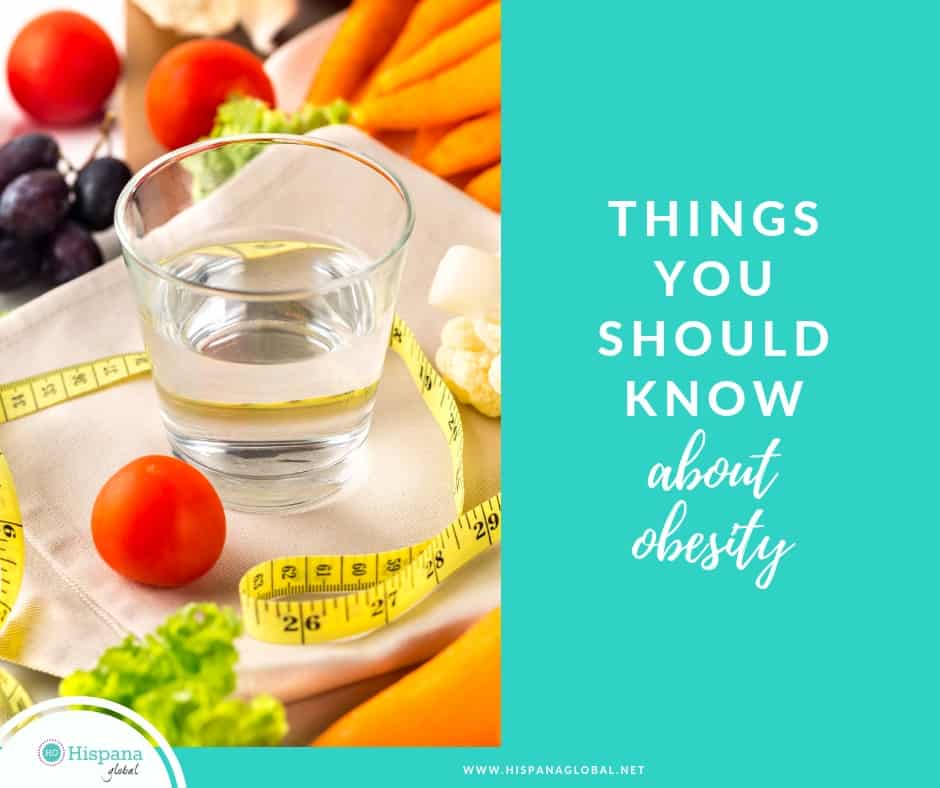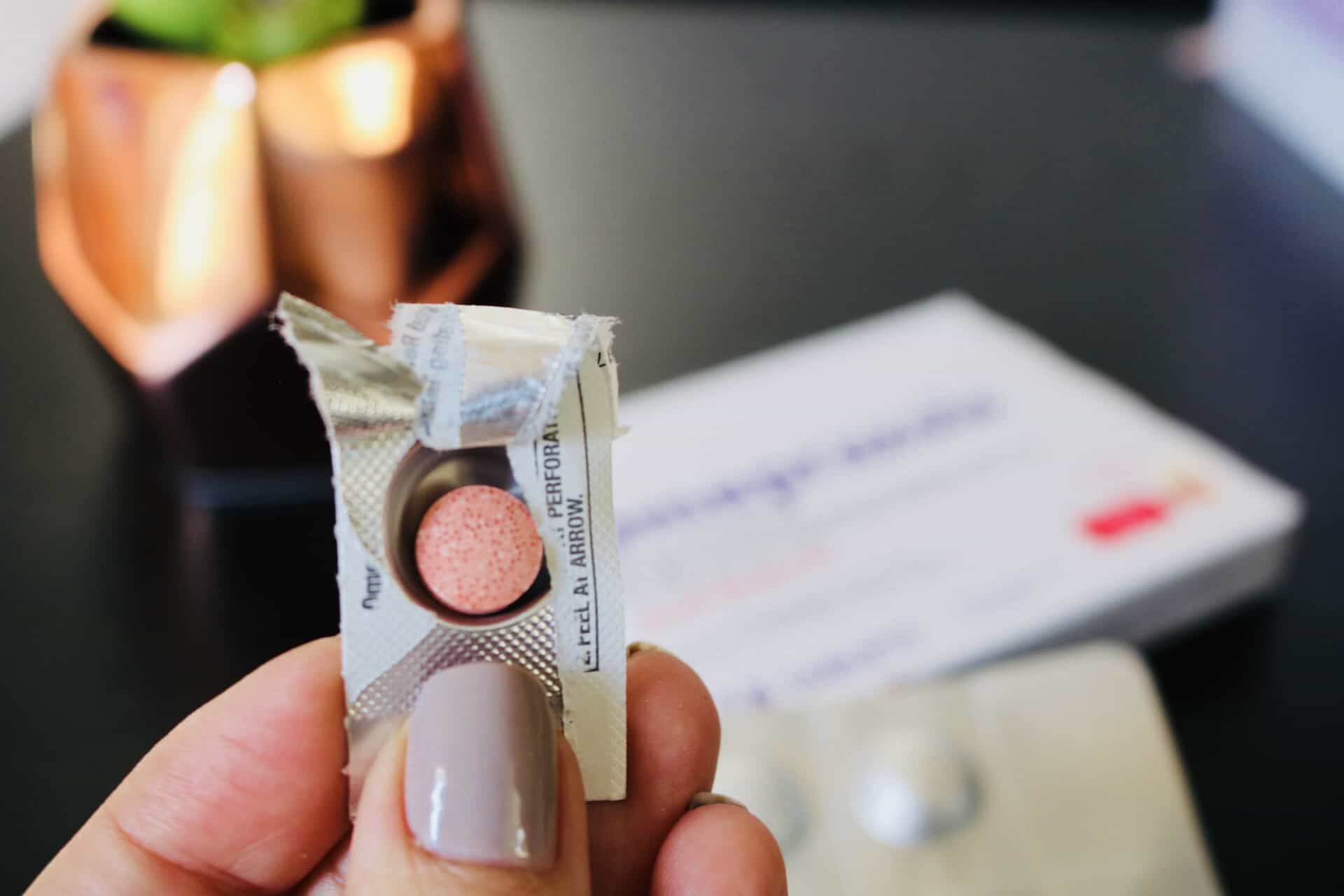How to recognize and prevent heat stroke and heat exhaustion
 Heat stroke and heat exhaustion are no joke. Our bodies can be seriously affected by high temperatures and humidity, which are an everyday issue in South Florida, where I live.
Heat stroke and heat exhaustion are no joke. Our bodies can be seriously affected by high temperatures and humidity, which are an everyday issue in South Florida, where I live.
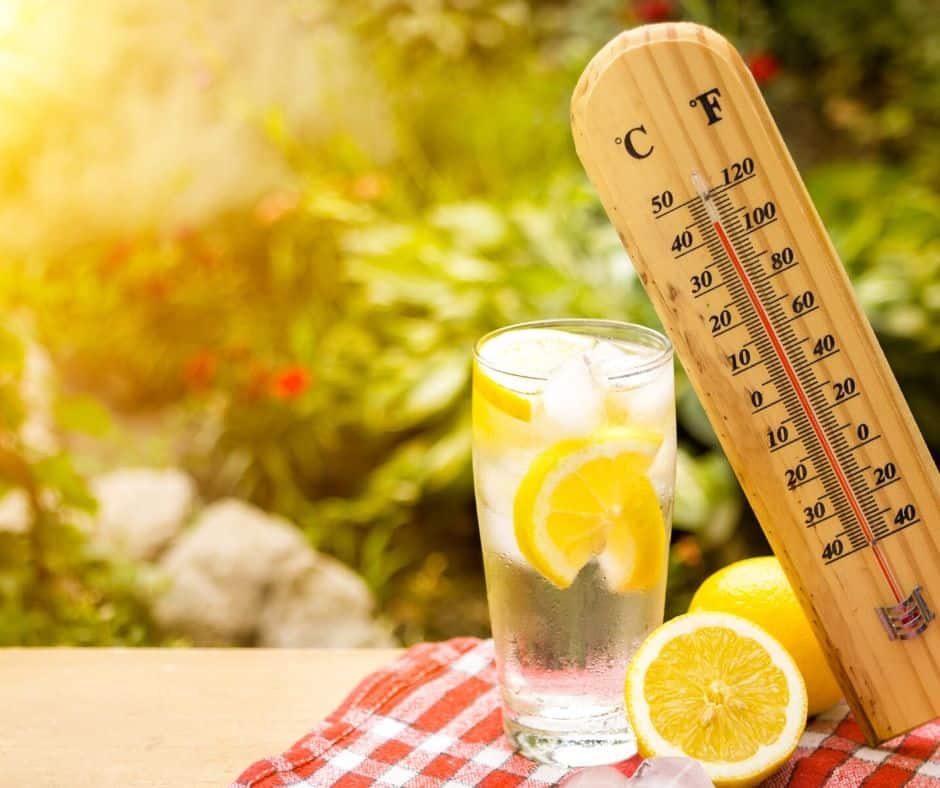 Since keeping my family healthy is always a top concern, I once again partnered up with Baptist Health South Florida to share important facts about dehydration and heat-related illnesses.
Since keeping my family healthy is always a top concern, I once again partnered up with Baptist Health South Florida to share important facts about dehydration and heat-related illnesses.
Baptist Health Primary Care’s Gabriel Solti-Grasz, M.D., explains that “Heat stroke is the end of the story,” Dr. Solti-Grasz said. “The beginning of the story is where we can prevent a grave situation from quickly evolving.”
It’s also important to know your risk. Children and the elderly are more vulnerable, as are individuals with cardiovascular or liver disease. They can all dehydrate quickly, so it’s crucial to be proactive in preventing heat-related illnesses.
How to prevent dehydration
We all know we need to drink water. It’s so simple! However, during the summer it is even more important to drink up even before you spend time outside.
“People often don’t drink water or liquids until they begin to feel thirsty,” he said. “But thirst is an indication that the process of dehydration has begun.” If that is your case, it’s best to switch to a replenishment and recovery strategy, says Dr. Solti-Grasz.
Exercising? Then Dr. Solti-Grasz recommends drinking a sports drink with electrolytes to replenish nutrients, such as salt and potassium. Why are electrolytes so important? Because they help regulate your heart rate and maintain your body temperature within a healthy range.
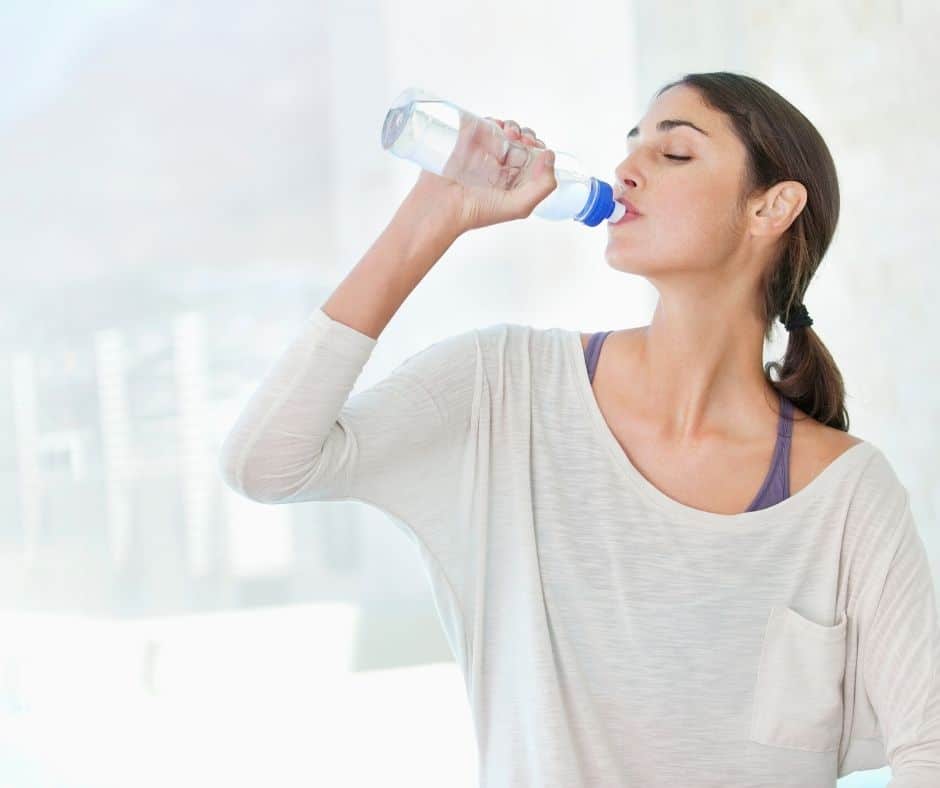
Signs of Dehydration
- Thirst– If you feel thirsty, dehydration is underway.
• Reduced urination – If you don’t feel the need to urinate while in the heat, you need to drink more fluids.
• Headache – Once your head starts to hurt, you’re likely entering the next phase of heat-related illness – heat exhaustion.
What to do if you’re dehydrated
Dr. Solti-Grasz advises to:
- Cool the body down: seek relief by going into an air-conditioned or shaded environment.
- Replenish lost fluids: drink water or a sports drink slowly.
If you don’t take these measures, you could quickly progress into heat exhaustion.
Symptoms of Heat Exhaustion
Heat exhaustion requires immediate medical attention. Dr Solti-Grasz advises to call 911 if these signs are present:
- Headache– it may become more severe.
- Dizziness or lightheadedness – Shakiness and a feeling of instability or weakness often accompanies heat exhaustion.
- Nausea or vomiting – When your body starts to shut down, it prepares by purging contents in the stomach, which can lead to a faster deterioration.
- Reduced urination – As your body tries to regulate your temperature, it begins to shut down organs, like your kidneys. This can lead to acute kidney injury, Dr. Solti-Grasz warns.
- Fainting – This is the body’s way of taking over to protect vital organs against loss of fluids.
He does not recommend drinking liquids at this stage, as fluids may enter the lungs through the trachea, or airway. That’s why getting medical care is so important: so fluids can be given through an IV.
Symptoms of Heat Stroke
As heat illness progresses, heat stroke can occur. Dr. Solti-Grasz explains that the body tries to lower its internal temperature by systematically shutting down organs to protect the heart and brain. This is extremely serious so watch out for these signs of heat stroke:
- Low blood pressure
- Perspiration stops
- Cold or clammy skin
- Shock– All of the above symptoms, Dr. Solti-Grasz says, signal shock, a life-threatening condition that occurs when the body enters survival mode.
Heat stroke can be fatal, so take all the steps to avoid it. For more information, please check out Baptist Health South Florida’s blog. You can also consult their telehealth app, Care On Demand.
Special thanks to Baptist Health South Florida for sponsoring this post.

